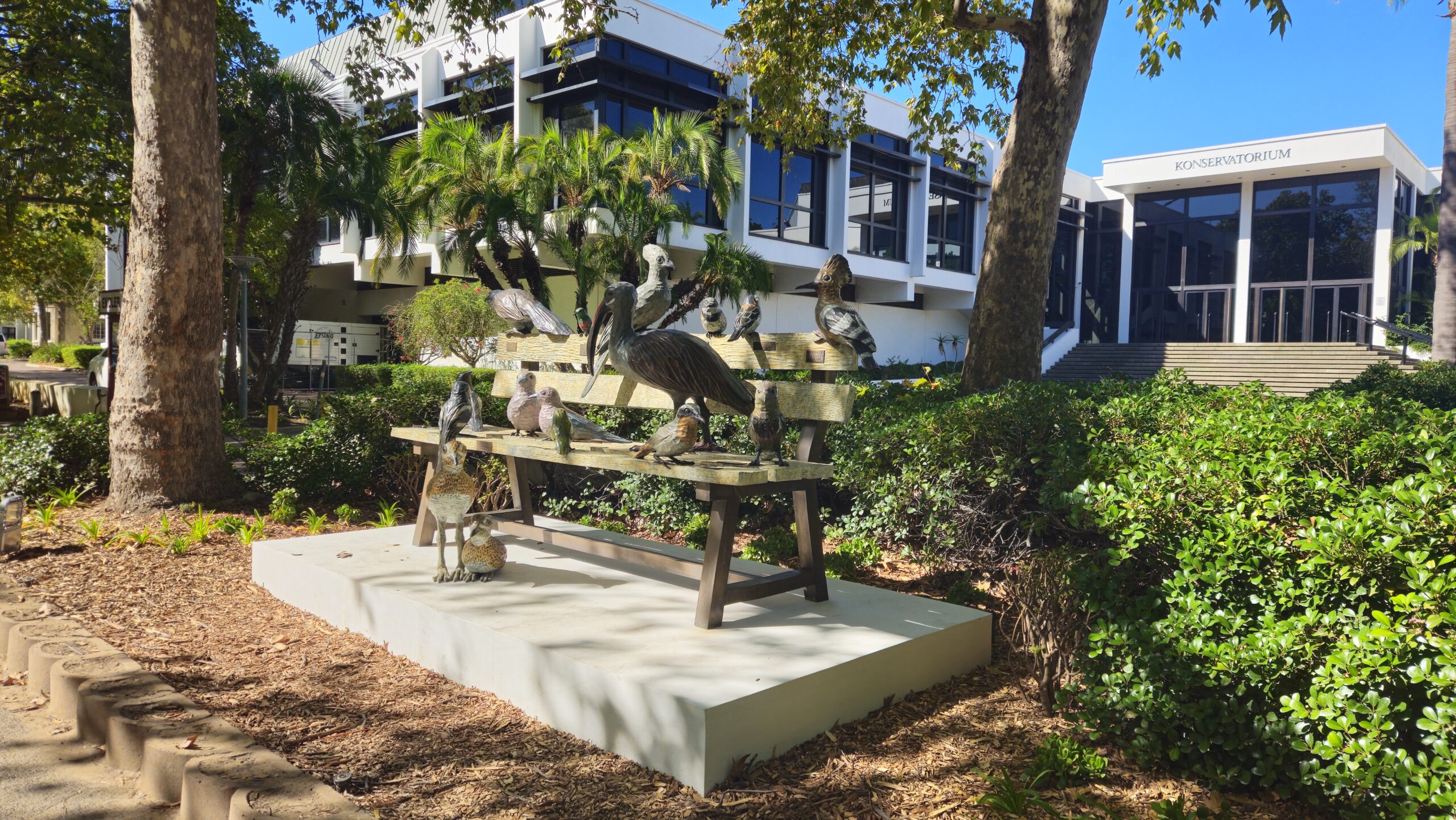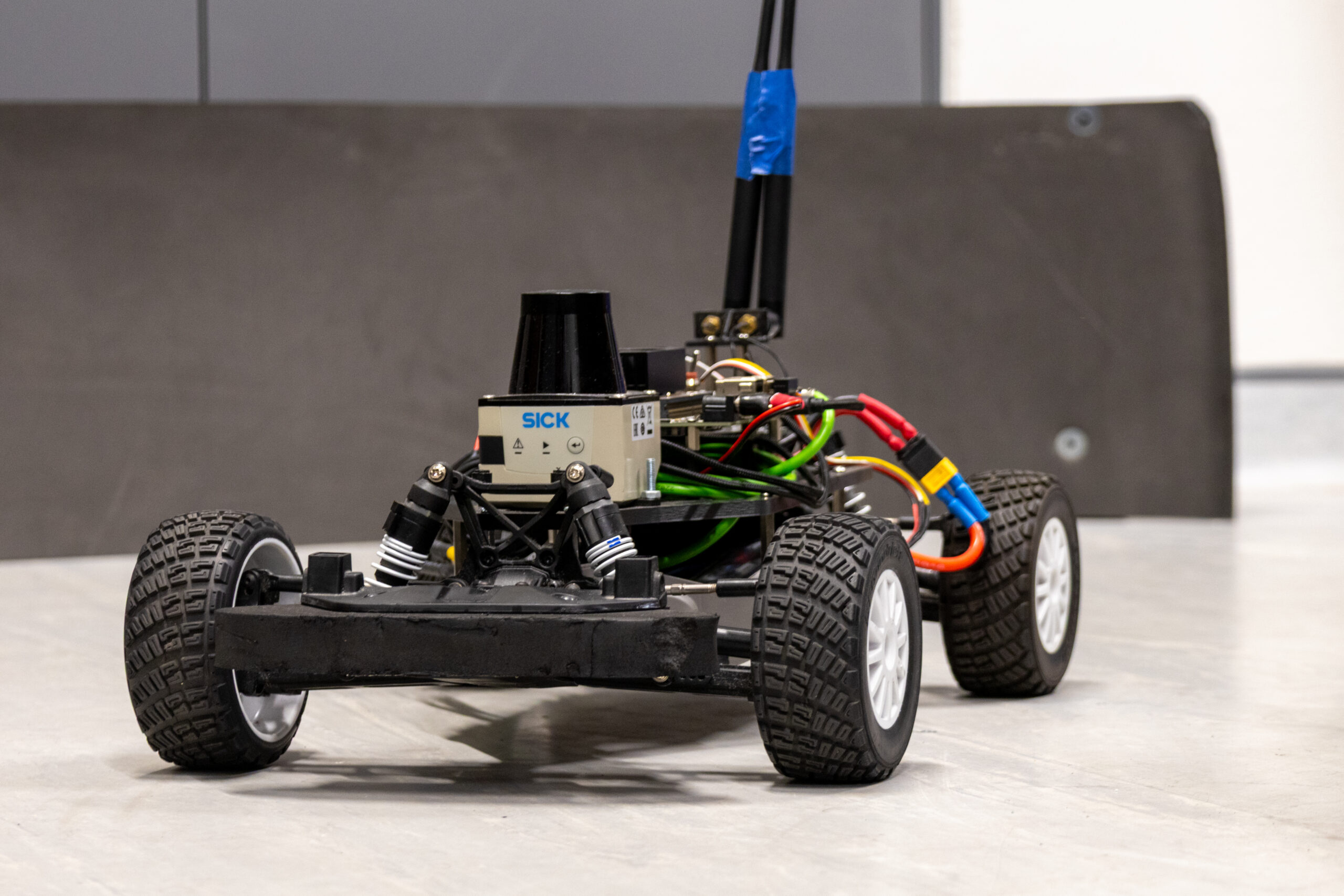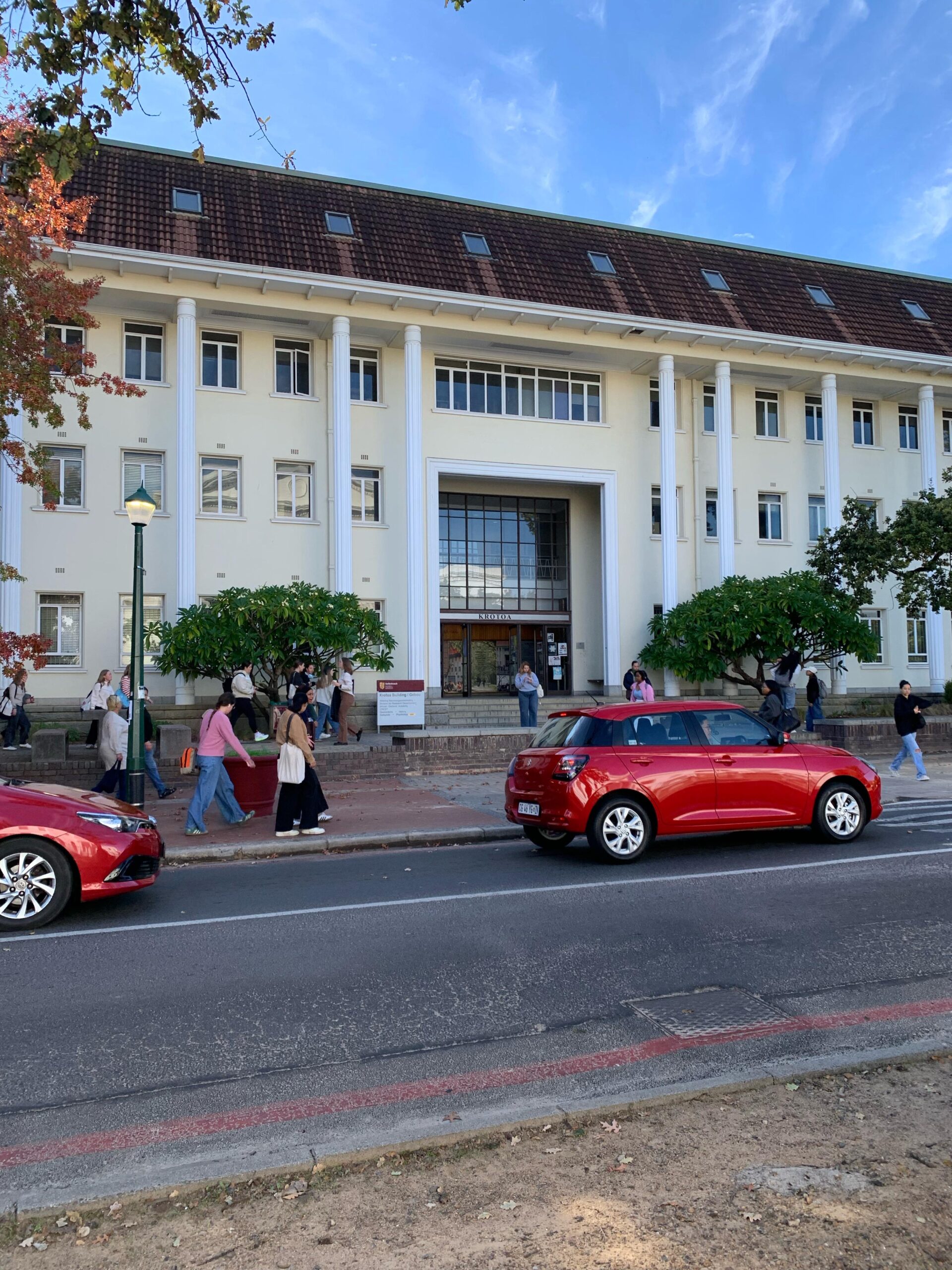BY BRYNLEY VAN AARDT
Stellenbosch University (SU) Management, along with the Institutional Committee for Business Continuity (ICBC), have made various arrangements so that the 2020 academic year can continue for SU students from 20 April via online platforms.
“The ICBC has various task teams whereby members of staff find ways to establish mechanisms that will make sure that the university’s objectives continue to function during this time. Certain members of the SRC [are] seated in the ICBC. This is our way of securing the perspectives of students in all decisions,” Lewis Mboko, SRC Chairperson, said in his communique emailed to students.
Even though SU made various provisions so students have access to online platforms, like making SUNLearn zero-rated on various South African mobile networks, the SUNLearn server crashed on the first day of learning. Students who tried to log onto SUNLearn were met with a message that read “the server is temporarily unable to service your request due to maintenance downtime or capacity problems”. The problem was resolved by 13:00 with an SMS sent out saying that functionality was restored.
Lecturers and students will now make more regular use of SUNLearn, due to the shift to online based education. SU is loaning unused laptops to students that requested them and these devices will apparently be couriered to these students by 22 April, the third day of the second term.
“The SU computers and internet connectivity devices will be on a loan basis to students – not a donation. A deposit to the value of the equipment will be charged to the student’s fee account. If the equipment is returned to SU at the end of the 2020 academic year, the deposit due will be reversed on the student’s account. The student will also have the option to keep the computer if his/her bursary provider pays for the equipment,” a communique sent out by ICBC, explained.
For those students who cannot utilise any of the above opportunities, hybrid learning will be introduced for the second semester. This means that students who did not complete semester one in full will be able to do so while completing semester two, once they are back on campus. All students who were enrolled in SU for 2020 will also be eligible for re-admittance to the University in 2021. Academic HEMIS will apparently have no effect on this process.
Eric Levéel, a French lecturer, believes that switching to online teaching in a “historically residential university” such as SU will be a challenge for every module. According to him, teaching language in particular, is not optimally suited for an online environment.
“Language teaching is mostly based on full face-to-face interaction with students. Online teaching does not always allow for interactive teaching. There are technical limitations and, as stated before, socio-economic limitations. Lecturers have to be much more creative to ensure that contact with the foreign language being taught remains constant and consistent – posting documents and videos online is simply not sufficient to support students with their language learning.”
Students are still worried about how this new type of teaching will affect their ability to get through the material and how they will be assessed. This is especially true for students with largely practical-based subjects.
Gert Nel, a third year BEng student said, “Most of our modules will probably be able to cope with the online learning. But there is one module (E-design) that has a lot of practical work and for which we actually have to demonstrate our project, but that won’t be able to happen yet. We still have to wait and see how they adjust the module requirements for that part.”
Tarien Riekert, a third year BSc Food Science student, said that the inability to complete practical assessments is the main inconvenience of online learning.
“It’s very inconvenient that we don’t get this second term’s practical experience, but at the same time it’s fine, because the university is still making sure that we finish the academic year,” Riekert added.
Emma Ramsbottom, a PGCE student, commended the university for being so flexible during this time but expressed worry about students’ ability to work during a pandemic.
“To expect students to continue as normal online in a nationwide pandemic and lockdown isolation, is extremely unfair. How are we as students expected to be as productive as we were at class? People are not procrastinating because they’re lazy, maybe some are, but a large group of people are really struggling with their mental health as they now do not have access to things that used to help them or keep them sane. We are all having to adjust and for a large portion of people that is a lot harder and taking a lot longer than anticipated. It’s normal to be anxious and depressed at this time, and lecturers need to make allowances for their students who do suffer from these things,” said Ramsbottom.




I am concerned about how the university reasonably expects students to continue with the academic year without making any mention of a revised 2020 academic curriculum. Will the assessments and exams be adjusted in order to show a true reflection of learner competence?
I am a post graduate student who was in unable to reregister in time before 31 March 2020 as this date fell in the 21 day lockdown. My course would have required research as part of my field work. Research which requires face to face interviews with respondents. I wonder how other post graduate students will navigate thetheir way through the remainder of their year.